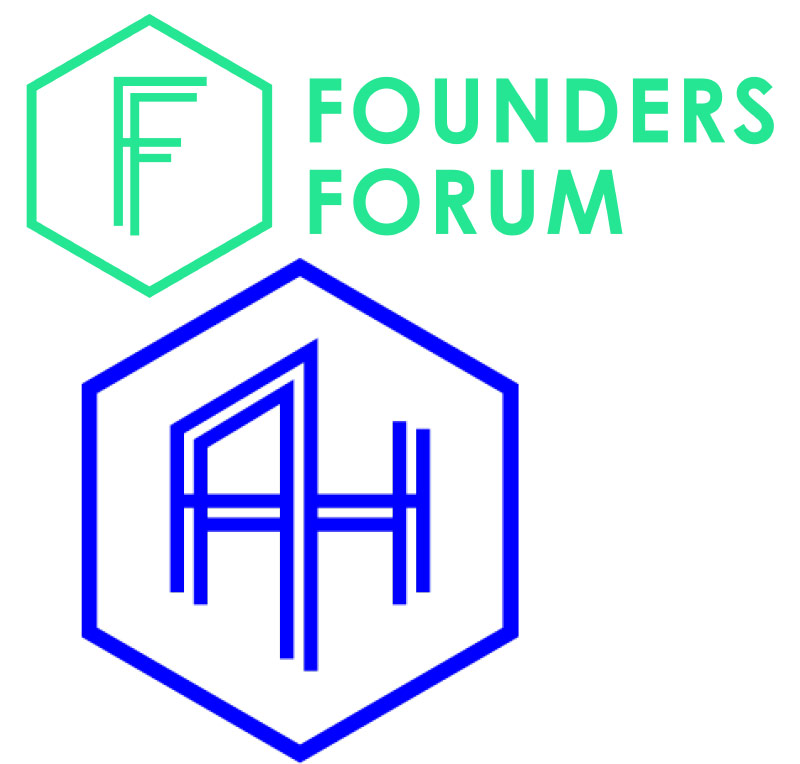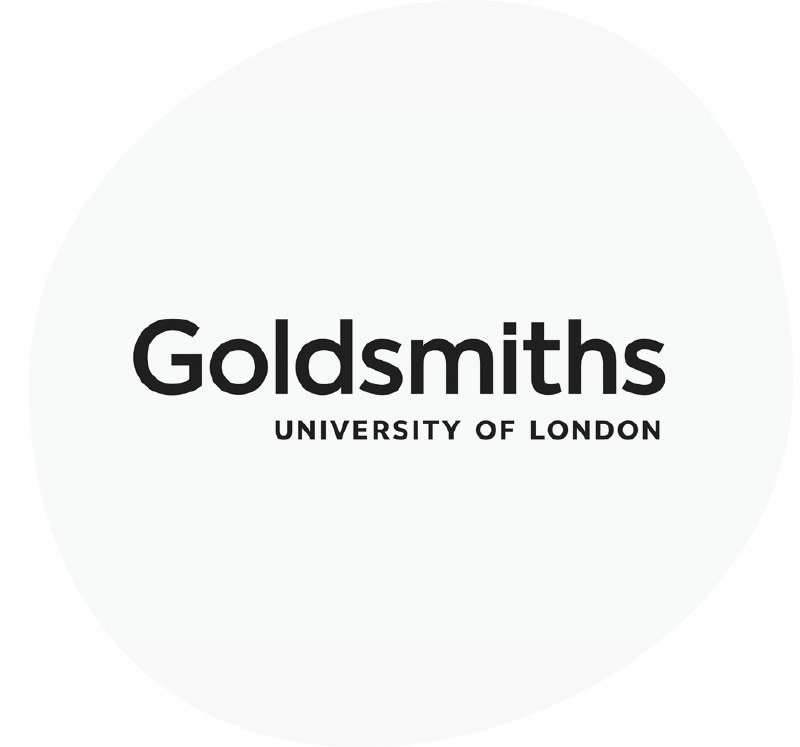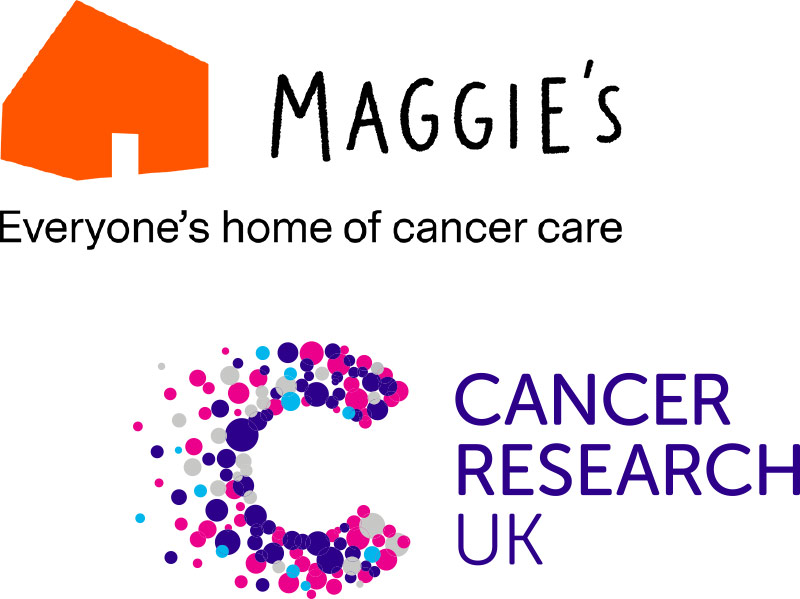Targeted Sleep Projects for the wider community
How I help organisations and the individual connected to them explore the importance of good sleep.
The ‘sleep well, feel good’ hack
Designed in collaboration with accelerateHer and Founders Factory
Meeting tough deadlines, seeking investment, and generally keeping up with the 24/7 pace of taking a new business to market can make start-up life extremely stressful. Many founders suffer from poor sleep and struggle to keep up with work as well as personal and social obligations. The resulting fatigue impedes their ability to perform optimally in all aspects of their lives.

It can be hard for determined businesspeople to concede the importance of self-care, but sleeping well has a range of important benefits for productivity and creativity. To tackle this, Somnia designed a tailor-made programme for female entrepreneurs in collaboration with accelerateHER and Founders Forum.
Participants attended sleep-health seminars and kept a sleep and lifestyle diary. They learned more about their sleep and behaviours that inhibit healthy sleep. Then during a rapid innovation workshop led by Somnia -a hackathon- participants used their new knowledge to develop easy-to-implement, personal sleep plans. These were designed to improve their sleep health and productivity by making simple changes to their individual routines.

Sleep well, feel good, study better
A programme designed for Goldsmiths Gold Award students
An estimated 60% of students suffer from poor sleep quality, and almost 10% report experiencing insomnia. Poor sleep is also associated with impaired cognitive performance, diminished mental and emotional well-being, and reduced immunity to illness.
To address this urgent situation, Somnia designed a sleep and well-being programme for Goldsmiths’ Gold Award students. The programme was designed to present sleep as an essential aspect of a healthy lifestyle, as well as helping students understand the related academic risks of poor sleep.
Using a combination of lectures, personal sleep diaries, surveys, and tailored feedback, students developed a clearer understanding of how to improve their sleep and how stress can impact their studies, also laying a foundation for prioritising sleep when entering the workplace.
Sleep and coping with cancer
A project with Cancer Research UK and Maggie’s
People living with cancer often experience disruption to their sleep. This collaborative project focused on giving cancer patients new tools and techniques to deal with sleep issues and, ideally, to gain more energy to cope with their illness through better rest.
The tools and services designed were intended to help patients build resilience, manage anxiety effectively, and encourage sleep-promoting behaviours.

The project also helped Cancer Research UK and specialist charity Maggie’s to explore how they can support people affected by cancer by providing out-of-hours services.
To date, Somnia has helped these charities workshop five new ideas for services, one of which went on to be developed and successfully tested by patients and healthcare professionals.

Sleep and teenagers
Working with School 21 in East London
School 21 is a pioneering new school in Stratford, East London, catering to children from all backgrounds. Somnia worked with students and teachers to explore the impact of sleep deprivation on academic performance and general wellbeing.
Students learned about human-centered design and creating solutions with a focus on the needs, contexts, behaviours, and emotions of users. Students applied what they had learnt to researching what inhibits or promotes good sleep, with a focus on electronic devices. They then generated a series of experiments in which they developed new ideas and prototypes designed to help them sleep better.
Drowsy driving
Helping the AA Charitable Trust

The AA Charitable Trust launched a new campaign in 2018 featuring a thought-provoking advert, designed to alert drivers to the dangers of driving with fatigue.
Drowsiness is one of the most under-estimated risks on the roads, with approximately a quarter of fatal car accidents thought to be fatigue related. There are certain times of the day when the risk of driver fatigue is highest (between 2am-6am, and 2pm-4pm) these coincide with the times our internal body clock promotes sleepiness.
Somnia provided scientific advice on how sleepiness affects our performance, how to spot the signs of tiredness, and what to do when you start to feel tired while driving. Stop and rest is the answer.
